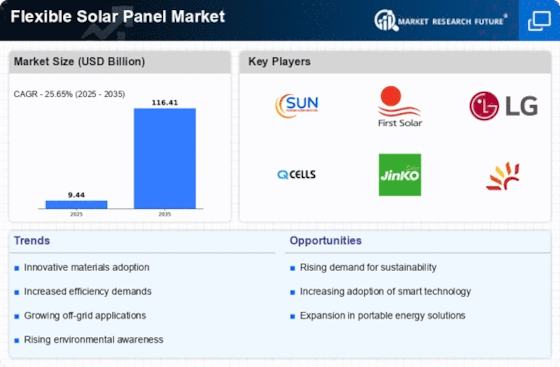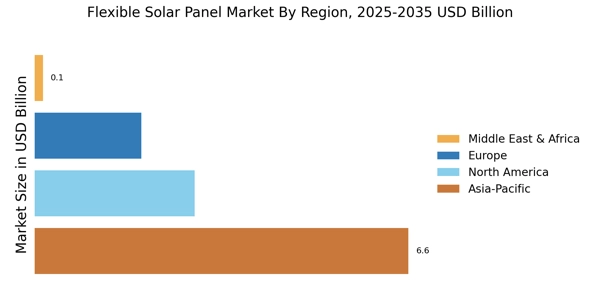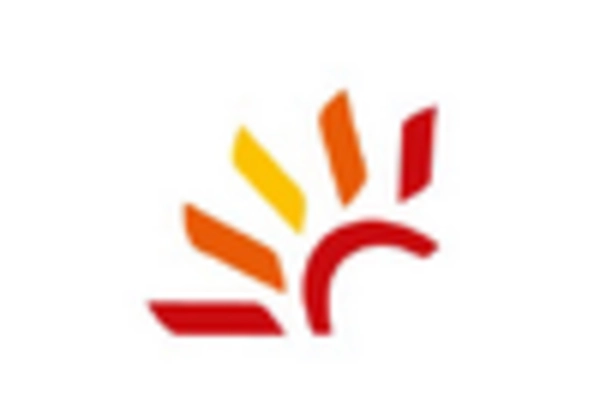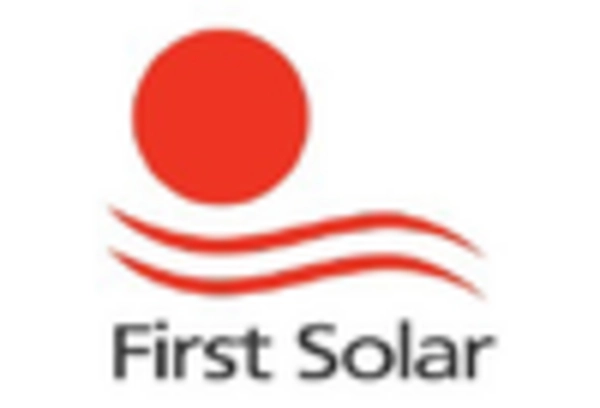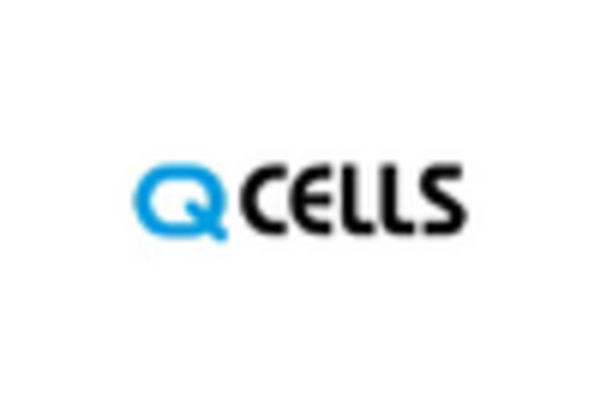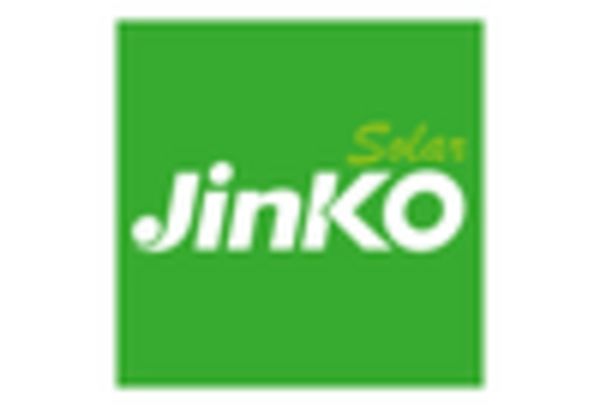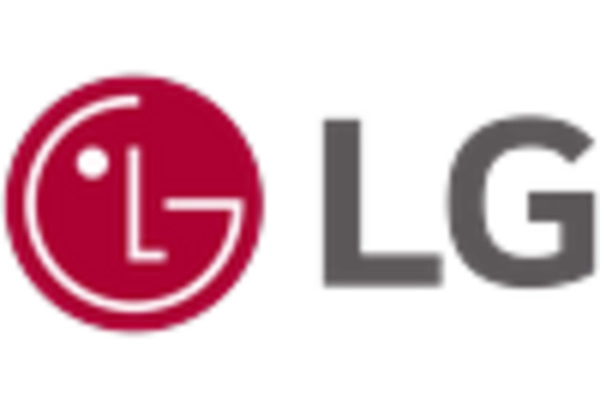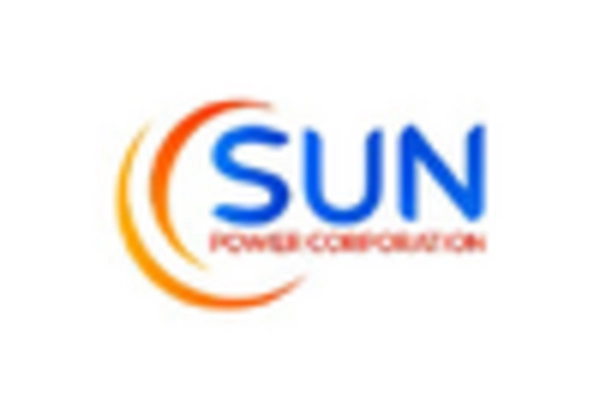Technological Innovations
Technological innovations play a crucial role in shaping the Flexible Solar Panel Market. Advances in materials science, such as the development of organic photovoltaics and thin-film technologies, have led to more efficient and lightweight solar panels. These innovations not only improve energy conversion rates but also reduce production costs. According to recent studies, the efficiency of flexible solar panels has increased by over 20% in the last few years, making them more competitive with traditional solar technologies. As manufacturers continue to invest in research and development, the market is likely to witness further enhancements in performance and durability, driving wider adoption.
Government Incentives and Policies
Government incentives and policies significantly influence the Flexible Solar Panel Market. Many countries have implemented favorable regulations and financial incentives to promote renewable energy adoption. For instance, tax credits, grants, and subsidies for solar installations encourage both residential and commercial users to invest in flexible solar technology. The U.S. Department of Energy has reported a steady increase in funding for solar energy projects, which is expected to continue. Such supportive measures not only enhance market growth but also stimulate innovation within the industry. As governments prioritize sustainability, the Flexible Solar Panel Market is likely to benefit from ongoing policy support.
Rising Demand for Renewable Energy
The increasing demand for renewable energy sources is a primary driver for the Flexible Solar Panel Market. As nations strive to meet energy needs sustainably, flexible solar panels offer a versatile solution. The International Energy Agency indicates that renewable energy capacity is expected to grow significantly, with solar energy leading the charge. This trend is likely to propel the adoption of flexible solar panels, particularly in sectors where traditional panels may not be feasible. The ability to integrate these panels into various surfaces, such as buildings and vehicles, enhances their appeal. Consequently, the Flexible Solar Panel Market is poised for growth as consumers and businesses seek cleaner energy alternatives.
Diverse Applications Across Industries
The diverse applications of flexible solar panels across various industries serve as a compelling driver for the Flexible Solar Panel Market. These panels can be utilized in sectors such as automotive, aerospace, and consumer electronics, where traditional solar solutions may not be practical. For example, flexible solar panels can be integrated into the surfaces of electric vehicles, enhancing their energy efficiency. The market for solar-powered devices is expected to expand, with flexible panels playing a pivotal role. As industries continue to explore innovative applications, the Flexible Solar Panel Market is likely to experience robust growth, driven by the versatility of these solar solutions.
Growing Awareness of Energy Efficiency
The growing awareness of energy efficiency among consumers and businesses is a significant driver for the Flexible Solar Panel Market. As energy costs rise and environmental concerns become more pressing, stakeholders are increasingly seeking solutions that reduce energy consumption. Flexible solar panels, with their ability to be installed in diverse locations, provide an effective means of harnessing solar energy. Market Research Future indicates that energy-efficient technologies are projected to grow at a compound annual growth rate of over 10% in the coming years. This trend suggests that the Flexible Solar Panel Market will likely see heightened interest as more entities recognize the benefits of integrating solar solutions into their energy strategies.


